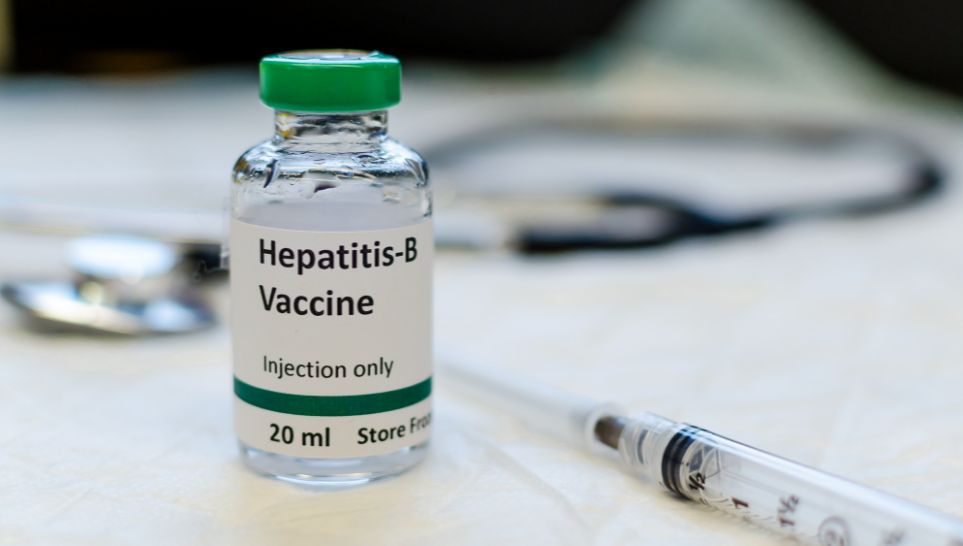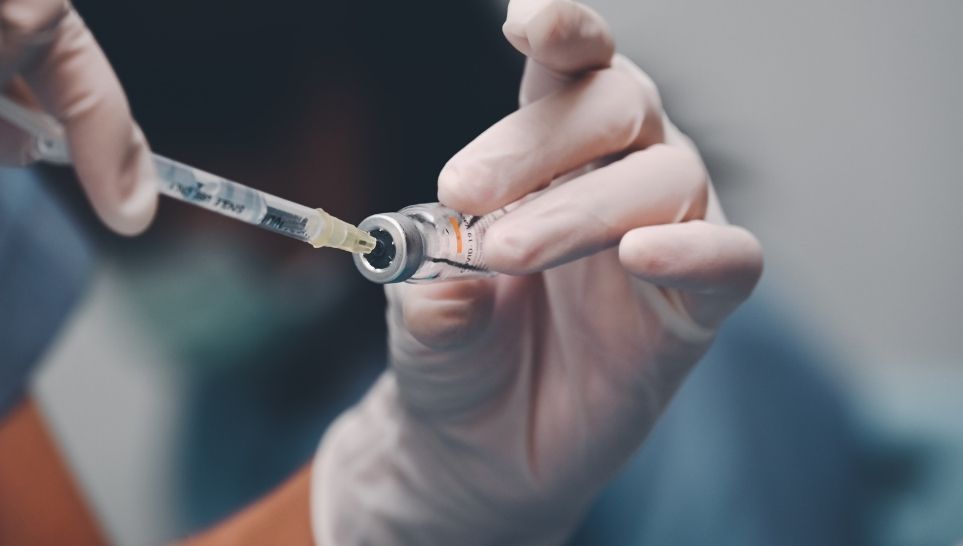Pneumonia shots save lives by preventing dangerous pneumococcal diseases. Pneumococcal vaccines have undergone extensive clinical trials and are safe for most people. However, in rare cases, some individuals may experience severe pneumonia shot side effects.
You may be entitled to compensation if you suffer injuries because of a serious adverse reaction to a pneumococcal vaccine. Contact us at Sadaka Law for a quick, reliable consultation with a vaccine injury attorney.
What Is the Pneumococcal Vaccine?
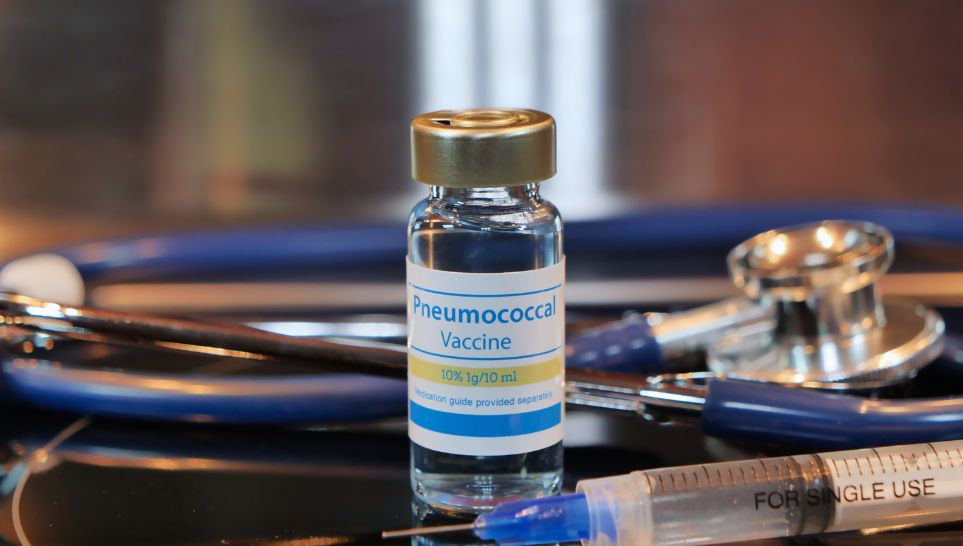
The pneumonia shot is a vaccine that prevents pneumococcal infections and serious illnesses like pneumonia and meningitis. Vaccinated individuals will have a lower risk of contracting pneumonia and will usually suffer milder symptoms if they do become sick. The vaccine can’t cause pneumonia or treat an existing infection.
In the U.S., the pneumonia shot is recommended for infants, young children, adults over 65, and immunocompromised people.
There are currently two types of pneumococcal vaccine in the U.S.:
- Pneumovax 23, pneumococcal polysaccharide vaccine (PPSV), is approved for adults 50 years and older and high-risk children two years and older.
- Prevnar 13, pneumococcal conjugate vaccine (PCV), is approved for children six weeks and older, older adults, and adults with certain medical conditions.
Common Side Effects
The usual pneumonia shot side effects are mild, temporary, and typically nothing to worry about. These may include:
- Topical redness, swelling, and pain
- Decreased appetite
- Flu-like symptoms (chills, headaches, muscle pain, and tiredness)
- Joint pain
- Limited mobility of the arm where you receive the shot
Rare Side Effects
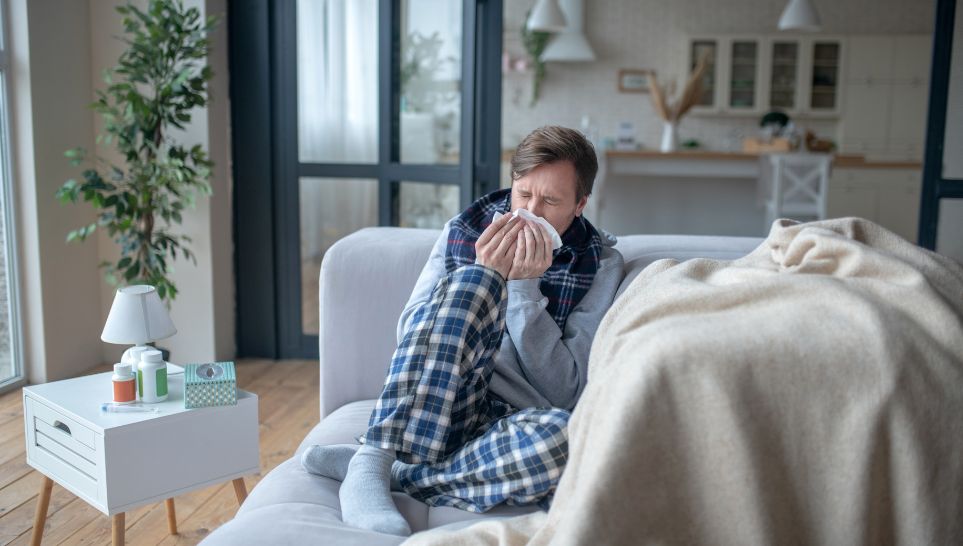
Less commonly, people who receive a pneumococcal vaccine may experience the following side effects:
- Coughing and sneezing
- Sore throat
- Loss of voice
- Difficulty breathing
- Nasal or ear congestion
- Unusual fatigue
- Fever
Please contact your healthcare provider if your pneumonia shot side effects persist or you experience a high fever (102.2°F or higher).
Injection Site Reactions
It’s normal to experience a temporary reaction like pain, swelling, redness, and tenderness at the vaccine injection site. The injection site may feel warm, and a small hard lump may form where you received the shot. A cool compress should help relieve these temporary symptoms.
The post-vaccination inflammatory reaction usually peaks 24-48 hours after the shot and should pass in a week without any treatment.
Severe Side Effects
One potential severe side effect of pneumococcal vaccines is an allergic reaction. A severe allergic reaction (anaphylaxis) may be fatal without quick treatment.
The symptoms of an allergic reaction, which require immediate medical attention, include:
- An abnormally fast heart rate
- Shortness of breath
- Extreme swelling
- A rash or hives
- A sudden drop in blood pressure
Another serious side effect of vaccines is SIRVA (Shoulder Injury Related to Vaccine Administration). SIRVA occurs because of improper administration and can cause long-term, debilitating effects.
Who Shouldn’t Receive the Pneumonia Shot

Although pneumococcal vaccines are usually safe and can prevent serious illness, healthcare providers should pay attention to contraindications when giving the pneumonia shot. Specifically:
- Children under two shouldn’t receive Pneumovax 23.
- People who have experienced a previous severe allergic reaction to a pneumococcal vaccine or any vaccine that contains diphtheria toxoid (like DTaP) shouldn’t receive a pneumonia shot.
- Depending on their doctor’s guidelines, people who aren’t feeling well may need to wait until they recover to receive a pneumococcal vaccine.
Who Is Liable When a Vaccine Injury Occurs?
The National Childhood Vaccine Injury Act, dating from 1986, protects pharmaceutical companies from direct lawsuits by vaccine injury victims. As long as the vaccine company follows manufacturing guidelines and issues proper warning disclaimers, it’s immune to civil lawsuits.
However, in some cases, vaccine injuries occur because of improper administration. For example, if a healthcare provider administers a vaccine without checking your previous history of allergic reactions, this may be grounds for a medical malpractice claim. Likewise, administering an incorrect dosage or the wrong vaccine could count as medical negligence.
An experienced vaccine injury attorney can identify the potentially liable parties in your case and advise on the optimal strategy for seeking compensation.
Can You Apply for the VICP?
The National Vaccine Injury Compensation Program (VICP) allows vaccine injury victims to seek compensation after suffering adverse effects from covered vaccines. The VICP works on a no-fault basis, which makes it faster and more efficient than the conventional tort system.
Vaccine injury compensation may cover the following:
- Past and prospective medical expenses
- Past and prospective lost wages
- Pain and suffering up to a threshold of $250,000
- In fatal cases, death benefits up to $250,000, paid to the victim’s estate
However, the VICP only covers pneumococcal conjugate vaccines (like Prevnar) but not pneumococcal polysaccharide vaccines (like Pneumovax). Therefore, you can only file for compensation via the VICP if your pneumonia shot belongs to the PCV category. Consult an experienced vaccine injury lawyer to learn your legal options if the VICP doesn’t cover the type of vaccine you received.
Who Is Eligible To File a Claim?
Vaccine injury victims or their families may be eligible for compensation through the VICP if the injury:
- Led to symptoms that lasted for six months or longer, or;
- Resulted in hospitalization and/or surgery, or;
- Led to the victim’s death
You may file a claim if you sustained a vaccine injury or are the parent or guardian of a minor or disabled person who received a VICP-covered vaccine. In fatal cases, the legal representative of the decedent’s estate may file the claim.
Eligibility for compensation through the VICP is independent of your citizenship or immigration status.
Claiming Compensation Through the VICP
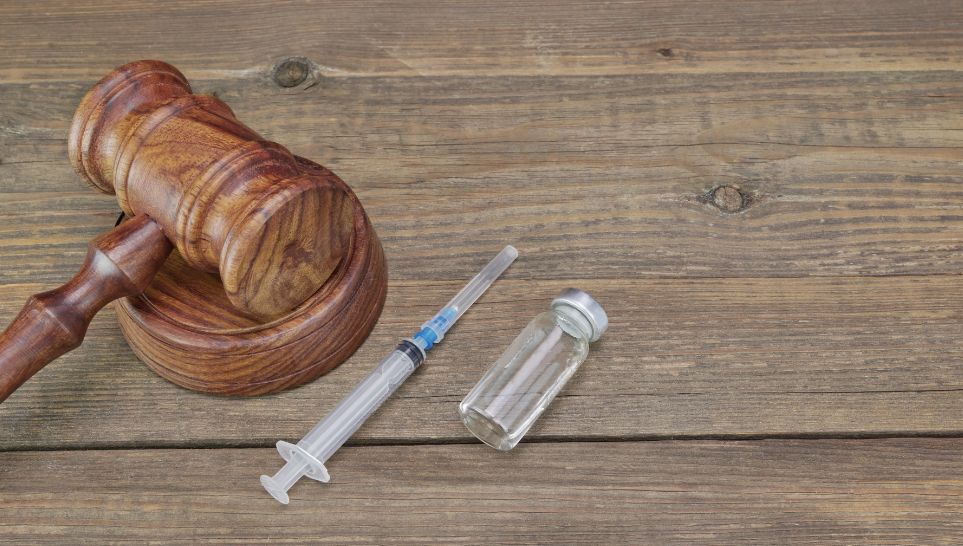
You can start your claim by filing a petition under the VICP. The petition will include information like:
- Your medical and vaccination records
- Details about the vaccine that, as you believe, caused your injury
- The date and location of the vaccination
- The type of injury, its symptoms, their duration, and other relevant details
- Your VAERS report, if you submitted one
Processing the claim also requires a $400 filing fee.
Throughout your case, you will need to show that:
- You received a VICP-covered vaccine
- The first symptoms of your injury appeared within the timeframes listed in the Vaccine Injury Table
- There’s a reasonable link between the vaccine and your injury/illness or the worsening of an existing medical condition
- There wasn’t another likely reason that might have caused the injury
Deadlines for Filing Vaccine Injury Claims
You must file a claim within three years of experiencing the first vaccine injury symptoms. For fatal cases, the deadline is two years from the date of the victim’s death or four years from the start of the vaccine-related symptoms.
Do You Need a Vaccine Injury Attorney?
Although the Vaccine Injury Compensation Program is non-adversarial, meaning you don’t need to prove fault to collect compensation, working with an experienced vaccine injury lawyer is still highly advisable.
The VICP involves a complex legal process, and assigning your case to an attorney will improve your chances of resolving your claim as quickly and efficiently as possible. Your attorney will ensure your claim includes all the necessary records and complies with the court’s requirements.
Working with a vaccine injury lawyer shouldn’t cost you anything. The program should pay for lawyer’s fees, which come out of the Vaccine Injury Fund. Thus, you won’t be using your compensation to cover legal costs.
Sadaka Law: Fighting for Your Rights After a Pneumococcal Vaccine Injury
Did you suffer unexpected and serious pneumonia shot side effects? You are not alone. We at Sadaka Law are here to advocate for your rights and help you fight for compensation. In our 15+ years of handling vaccine injury cases, we have won millions nationwide for vaccine injury victims and their families.
Call our vaccine injury hotline at 1-800-810-3457 or contact us online to consult a vaccine injury lawyer today. Let us leverage our experience, compassion, and knowledge of vaccination law for your case.





